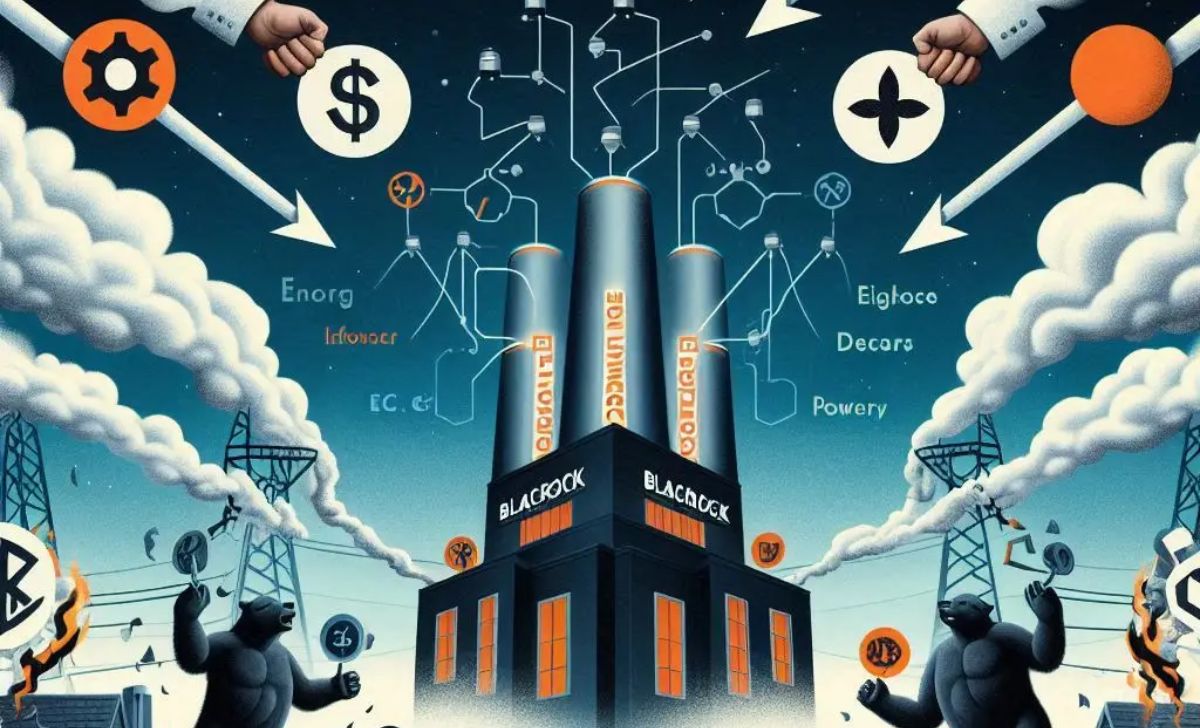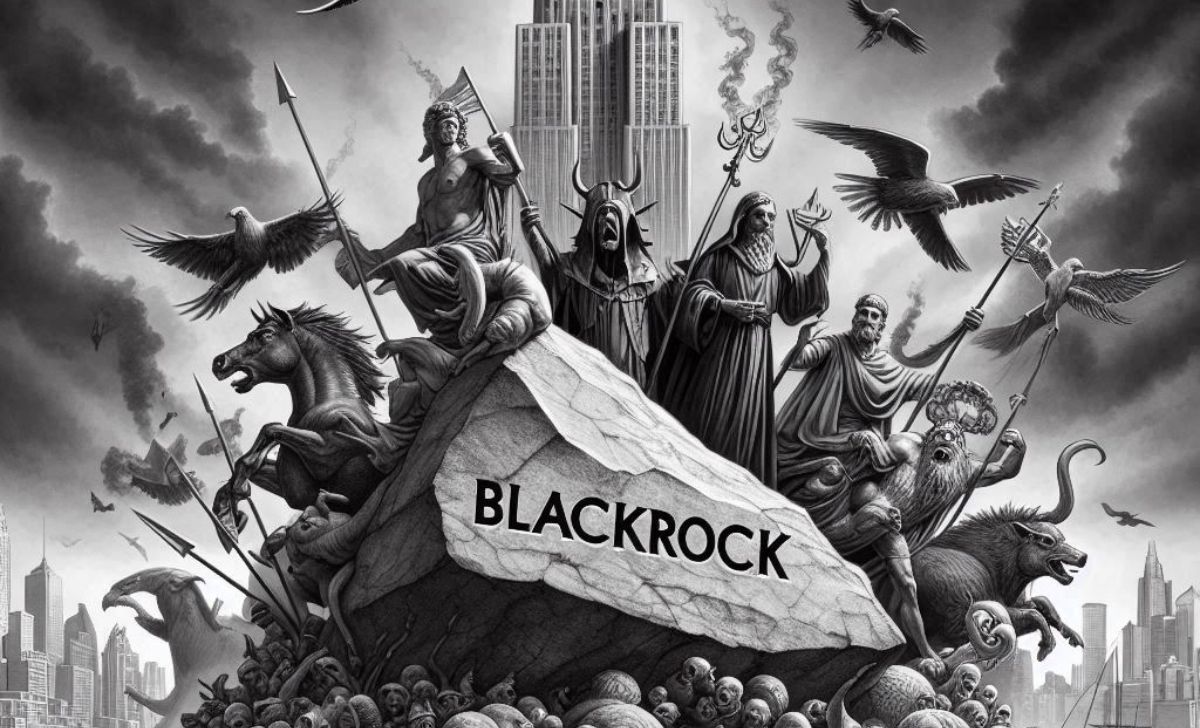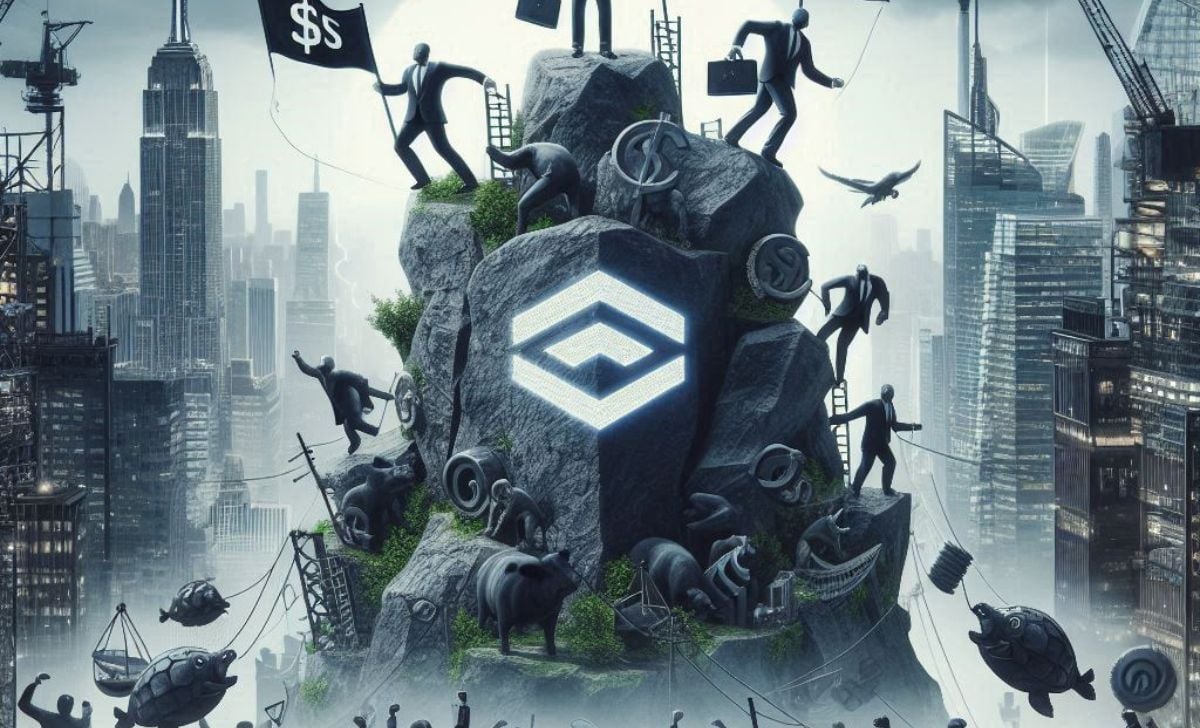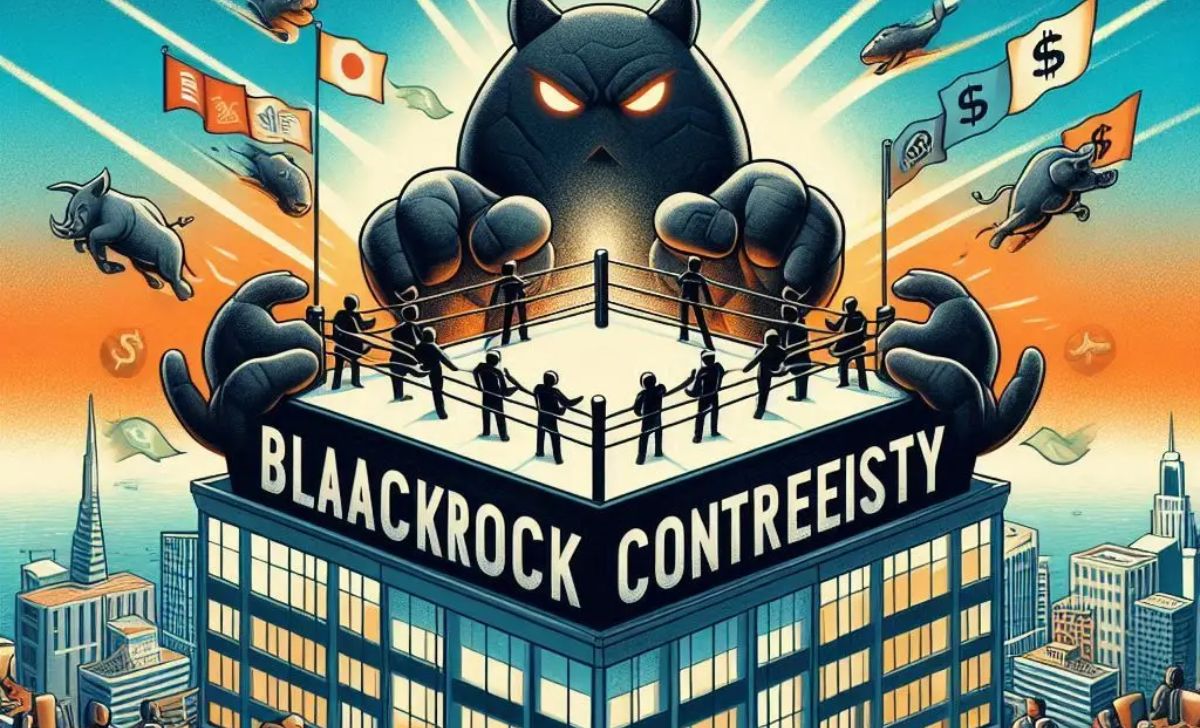
BlackRock Controversy: Debates Over Influence, ESG, and Power
In the dynamic world of finance, BlackRock Controversy has become a focal point for heated debates, particularly around its influence, Environmental, Social, and Governance (ESG) strategies, and its immense power in global markets. As a leading platform in the cryptocurrency and gaming space, TopCoin9 recognizes the importance of understanding these financial controversies to empower gamers and investors alike. This article dives into the complexities of BlackRock Controversy, exploring its implications, criticisms, and the broader impact on investment strategies. By examining these issues, we aim to provide clarity for our community, helping them navigate the intersection of finance, gaming, and sustainable investing.
Understanding BlackRock’s influence in global markets

BlackRock, managing over $11 trillion in assets, is the world’s largest asset manager, wielding significant influence over global financial markets. Its decisions impact industries ranging from technology to energy, and even the gaming sector, where investments in major studios and platforms shape market trends. The BlackRock Controversy stems partly from this unparalleled influence, with critics questioning whether such power concentrates too much control in one entity.
The firm’s ability to vote on behalf of shareholders in major corporations, including gaming giants, has raised concerns about its role in shaping corporate policies. For instance, BlackRock’s investments in companies like Activision Blizzard or Electronic Arts can influence decisions on game development or monetization strategies, indirectly affecting gamers worldwide. Critics argue this level of control could prioritize financial returns over creativity or community interests, sparking debates about the ethics of such influence.
Moreover, BlackRock’s size has led to accusations of market manipulation, with some claiming its investment strategies can sway entire sectors. Posts on X have highlighted concerns about BlackRock’s role in “shadow banking” and its investments in controversial industries, amplifying public scrutiny. Despite these criticisms, BlackRock maintains that its actions align with maximizing client returns, a stance that continues to fuel the BlackRock Controversy.
As we unravel the layers of BlackRock’s influence, it’s crucial to explore how its ESG policies have become a lightning rod for criticism. Dive into the next section to understand why ESG is at the heart of this debate.
The ESG backlash and BlackRock’s strategic shift

Environmental, Social, and Governance (ESG) investing has been a cornerstone of BlackRock’s public image, particularly under CEO Larry Fink’s leadership. However, the BlackRock Controversy has intensified due to its ESG strategies, which have drawn criticism from both progressive and conservative groups. This section examines the backlash against BlackRock’s ESG initiatives and its recent pivot away from the term.
Initially, BlackRock championed ESG, with Fink’s 2020 and 2021 letters to CEOs emphasizing climate-conscious investing. This positioned BlackRock as a leader in sustainable finance, appealing to environmentally conscious investors, including those in the gaming community who value ethical practices. However, this stance provoked a backlash, particularly from Republican-led states like Florida and Texas, which accused BlackRock of “woke capitalism” and divested billions from the firm. For example, Florida pulled $2 billion in 2022, citing concerns over BlackRock’s ESG-driven decisions affecting financial returns.
On the other hand, environmental activists argue BlackRock hasn’t gone far enough, pointing to its continued investments in fossil fuels. The firm’s support for environmental shareholder resolutions dropped from 47% in 2021 to just 4% in 2024, signaling a retreat from aggressive ESG advocacy. This shift has led to accusations of “greenwashing,” with critics like Bluebell Capital arguing BlackRock’s actions don’t match its rhetoric. In response, BlackRock has moved toward “transition investing,” focusing on companies decarbonizing their operations rather than strict ESG criteria, aiming to balance client demands with market realities.
For gamers and crypto enthusiasts on TopCoin9, understanding this ESG debate is vital, as it influences investment trends that could affect gaming studios adopting sustainable practices. How does BlackRock’s retreat from ESG impact its reputation and operations? Let’s explore the broader consequences in the next section.
Consequences and future implications for BlackRock

The BlackRock Controversy has far-reaching implications, not only for the firm but also for industries like gaming and cryptocurrency, where investment decisions shape innovation. This section explores the consequences of BlackRock’s controversies and what lies ahead for the asset manager and its stakeholders.
BlackRock’s retreat from ESG has sparked mixed reactions. On one hand, it has mitigated some political backlash, with the firm settling a 2023 lawsuit from Tennessee without admitting wrongdoing. The settlement requires greater transparency in proxy voting, addressing concerns about BlackRock’s influence over corporate decisions. However, this pivot risks alienating clients who prioritize sustainability, potentially impacting the firm’s $475 billion in ESG-focused funds. BlackRock’s 2024 SEC filing acknowledged that ESG scrutiny could harm its reputation and revenues, highlighting the delicate balance it must maintain.
For the gaming industry, BlackRock’s influence remains significant. Investments in major gaming companies could steer priorities toward profitability over community-driven initiatives, affecting game quality or accessibility. TopCoin9 users, who often invest in gaming-related tokens or NFTs, should be aware of how such financial giants shape market dynamics. For instance, BlackRock’s voting power could influence decisions on in-game monetization, impacting the affordability of virtual assets.
Looking forward, BlackRock’s shift to transition investing and its $12.5 billion acquisition of Global Infrastructure Partners signal a focus on clean energy and infrastructure. This could indirectly benefit gaming by fostering sustainable tech innovations, such as energy-efficient servers for blockchain-based games. However, the firm must navigate ongoing regulatory scrutiny and public skepticism, as seen in lawsuits from states like Texas alleging collusion in climate initiatives.
The BlackRock Controversy underscores the tension between financial power and ethical responsibility, a dynamic that resonates with TopCoin9’s mission to empower informed investment decisions. As we move forward, understanding these shifts will be key to navigating the evolving landscape.
The BlackRock Controversy highlights the complex interplay of influence, ESG policies, and financial power in shaping global markets, including the gaming and cryptocurrency sectors. For TopCoin9 users, staying informed about these issues is crucial, as BlackRock’s decisions can impact the gaming industry’s direction, from studio investments to sustainable practices. While BlackRock navigates its ESG backlash and repositions itself, its actions will continue to influence market trends and investor sentiment. By understanding these dynamics, TopCoin9 empowers its community to make strategic decisions in a rapidly changing financial world, ensuring gamers and investors alike are equipped to thrive.